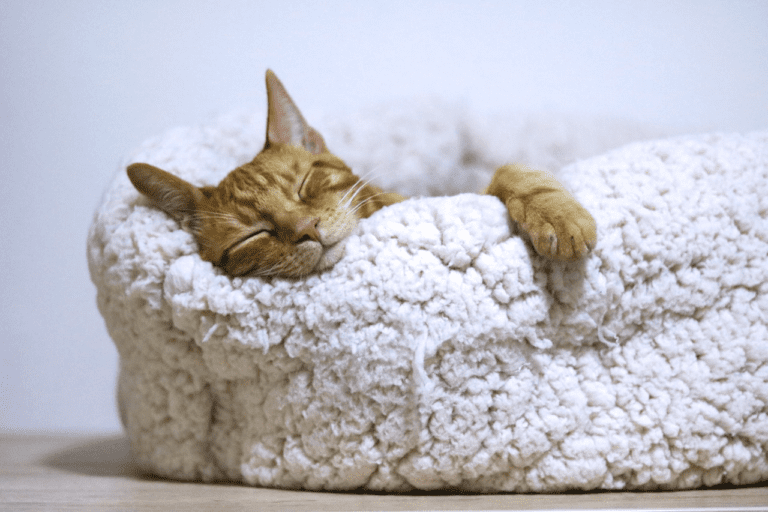As a pet owner, understanding the common health problems that can affect your cat is essential in keeping them happy and healthy. In this blog post, we’ll cover the seven most common health issues cats face and how to spot the signs of trouble. Knowing what to look for can help you get your cat the proper medical care it needs.
-
Upper Respiratory Infections
Upper respiratory infections are one of the most common illnesses seen in cats, caused by a combination of viruses like calicivirus and bordetella bronchiseptica. Symptoms include sneezing, coughing, watery eyes, runny nose, fever, loss of appetite and more.
-
Urinary Tract Disease
Urinary tract disease is another common problem among cats. It can be caused by bacterial infections or stones that form in the bladder or urethra (the tube that carries urine from the bladder out through the penis). Symptoms may include frequent urination (especially outside of the litter box), bloody or cloudy urine, vomiting, difficulty urinating and/or straining when trying to pass urine.
-
Feline Asthma
Feline asthma is an allergic reaction to something in a cat’s environment such as dust mites or pollen which causes inflammation and narrowing of the airways leading to difficulty breathing or wheezing which can sound like a honking sound coming from your cat’s chest area. Other symptoms include coughing, difficulty breathing or open-mouth breathing, increased heart rate and lethargy.
-
Diabetes
Diabetes is a condition where there’s too much sugar in your cat’s blood due to either not enough insulin being produced from their pancreas (Type 1 Diabetes) or not enough insulin being used properly by their cells (Type 2 Diabetes). Symptoms may include excessive thirst, weight loss despite eating normally, increased urination and lethargy/weakness.
-
Kidney Disease
Kidney disease is an illness where one or both kidneys are unable to function properly which leads to toxins building up in your cat’s body since they cannot be removed effectively due to impaired kidney function. Symptoms may include increased thirst/urination; weight loss even with normal/increased appetite; vomiting; diarrhoea; bad breath; poor coat condition; pale gums; muscle wasting; depression and more serious issues if left untreated such as seizures and death due to organ failure eventually occurring if left untreated long term..
-
Hyperthyroidism
Hyperthyroidism is when there’s too much thyroid hormone circulating within your cat’s body which leads to an increase in metabolism so they need more food than usual while still losing weight due to rapid burning off of energy stores causing them lose weight despite eating more than normal amounts of food . Symptoms may also include excessive thirst/urination; hyperactivity; excessive panting/drooling; poor coat condition; restlessness at night time along with other non-specific symptoms such as general weakness & lethargy as well as vomiting & diarrhoea..
7 Dental Disease
Dental disease is caused by bacteria buildup on teeth over time which can lead to tooth decay and infection if left untreated for long periods of time . Symptoms may include bad breath; decreased appetite due to pain associated with chewing hard foods ; red swollen gums around teeth ; yellowish discoloration on teeth ; visible plaque buildup on teeth ; pain while chewing etc…
Taking care of your pet’s health should be top priority for any pet owner! Knowing what types of health problems cats can suffer from will help you better identify any potential problems early on so you can prevent them from becoming worse later down the line! If you notice any strange behaviours or changes in your kitty it’s best to take them to see their veterinarian right away! Keeping your furry friend healthy should always be priority number one!











Recent Comments